
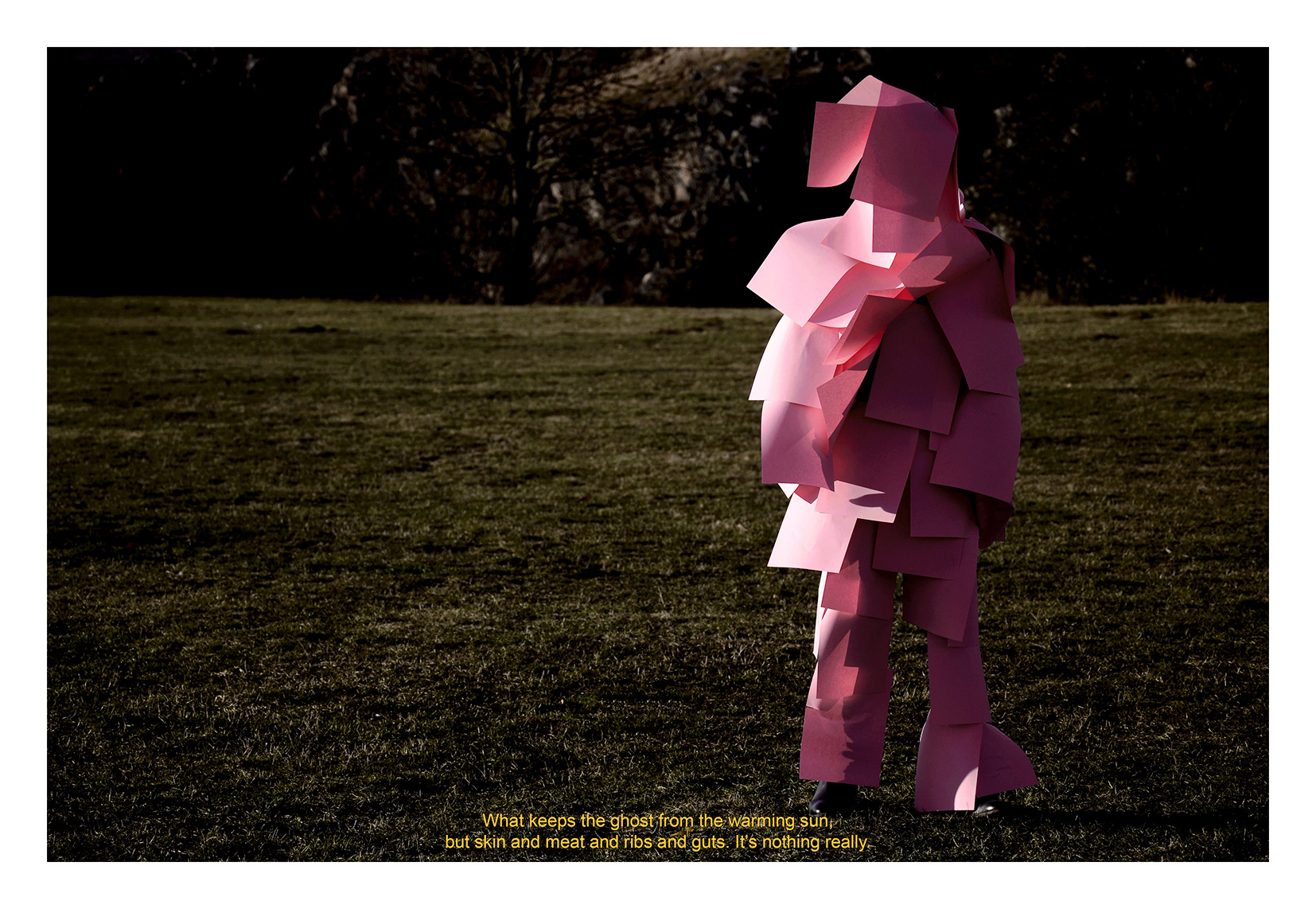

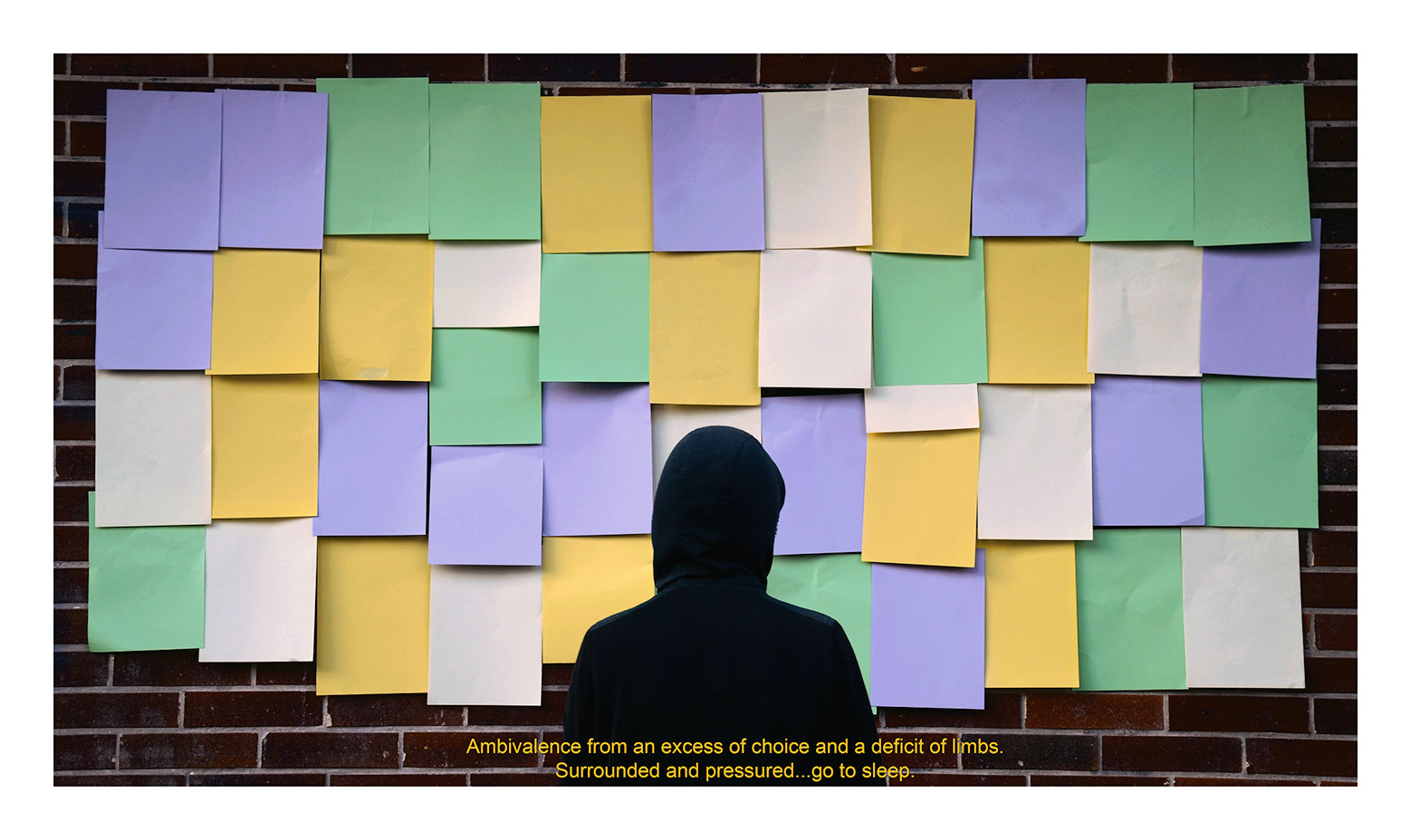
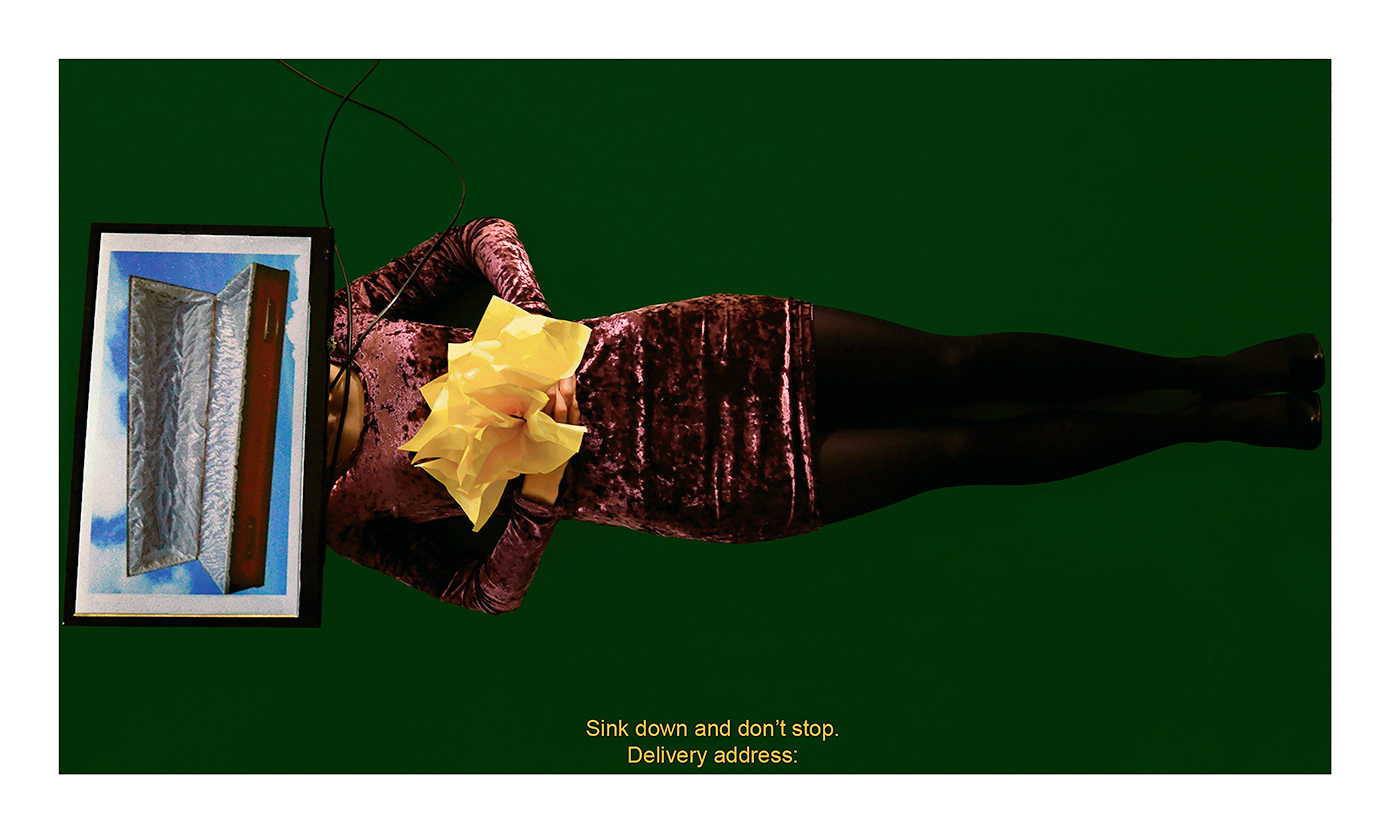
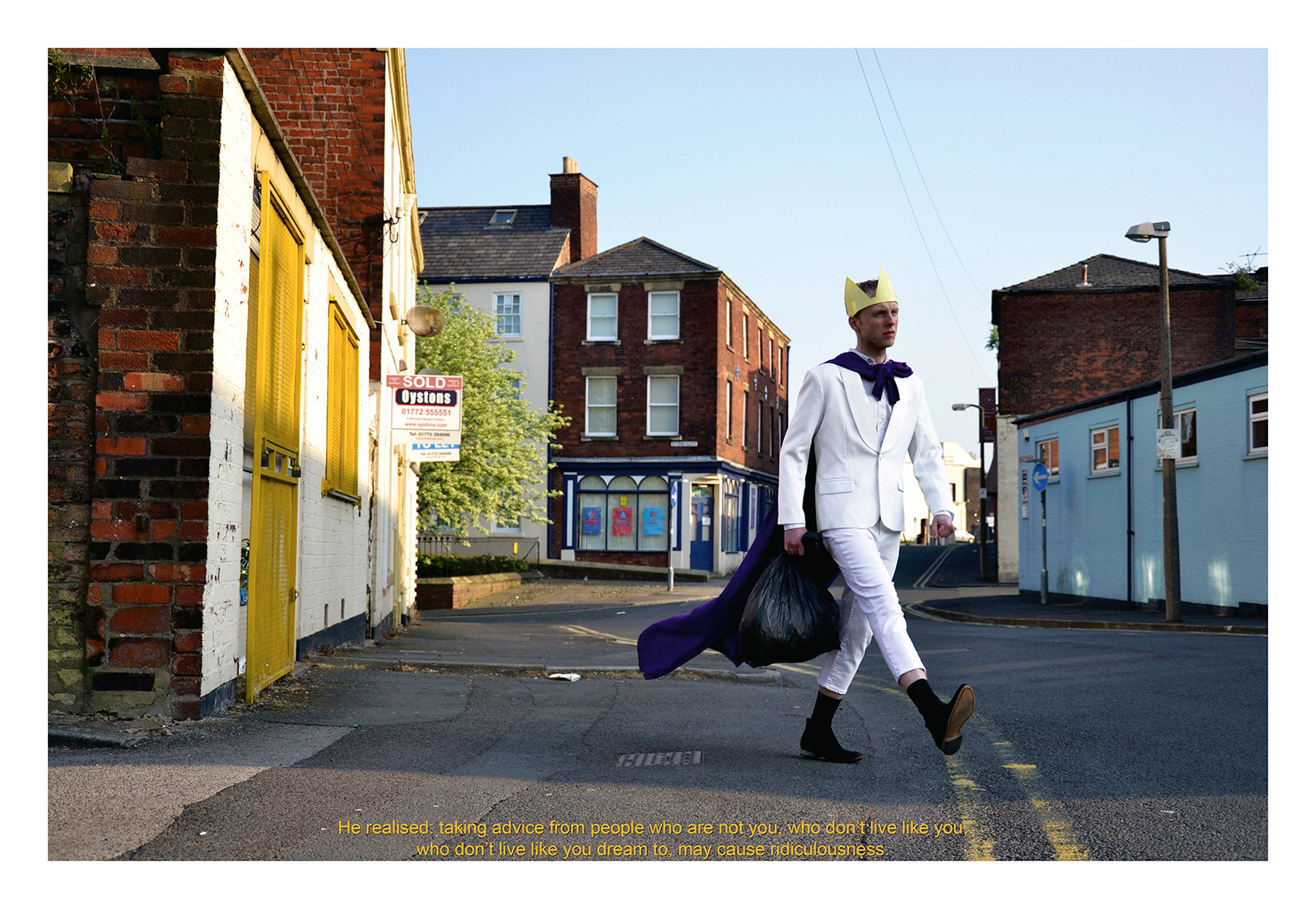
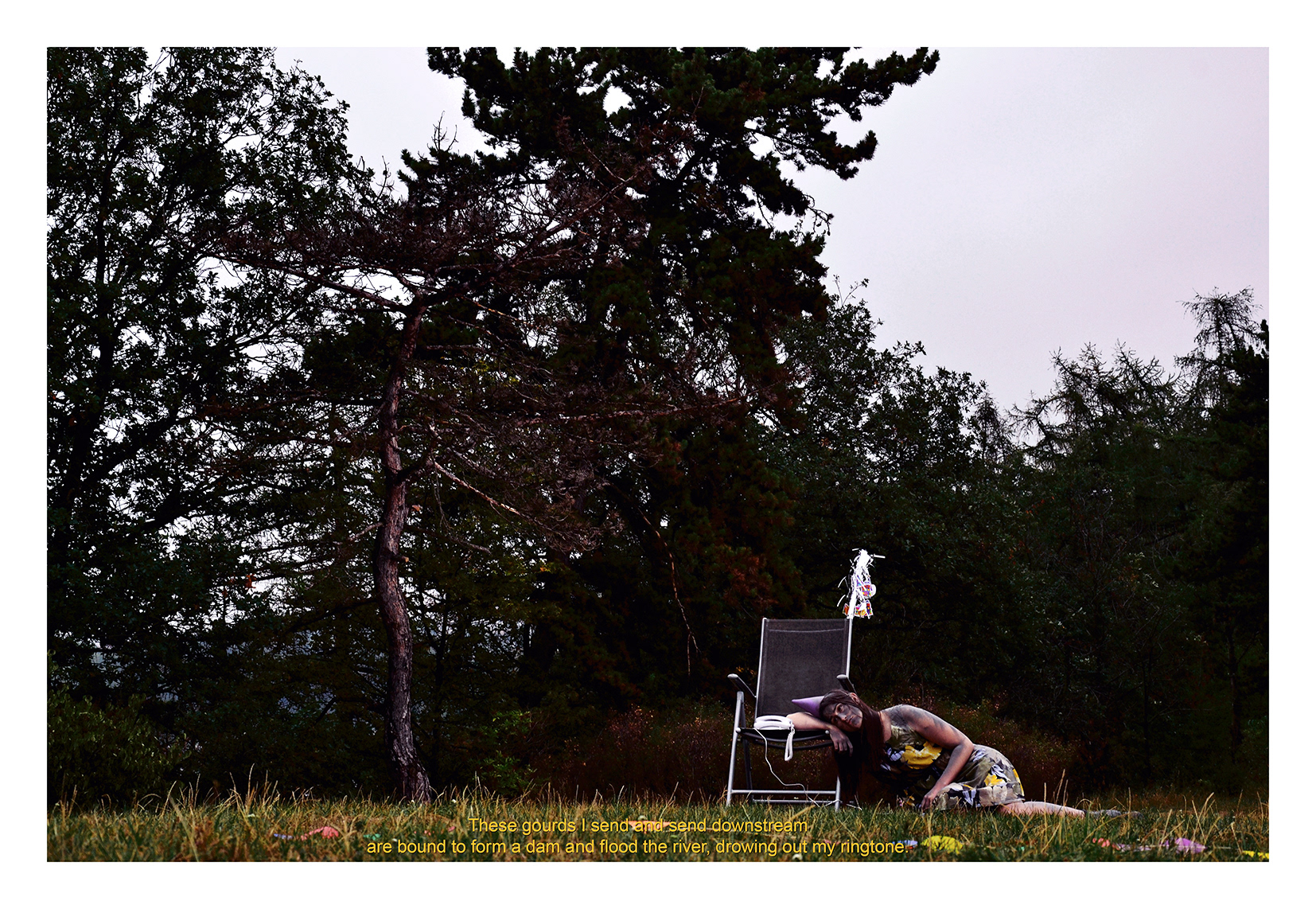
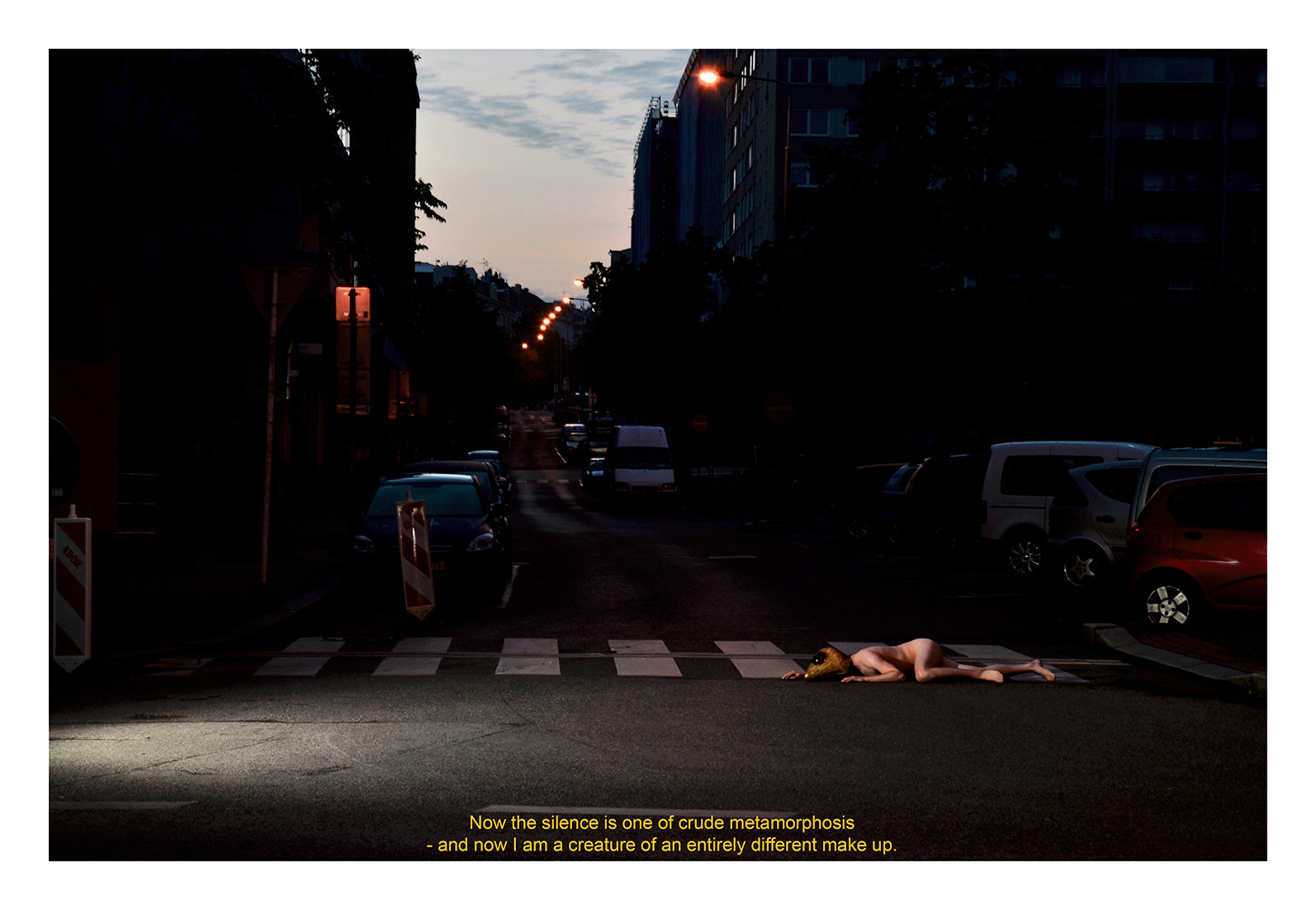
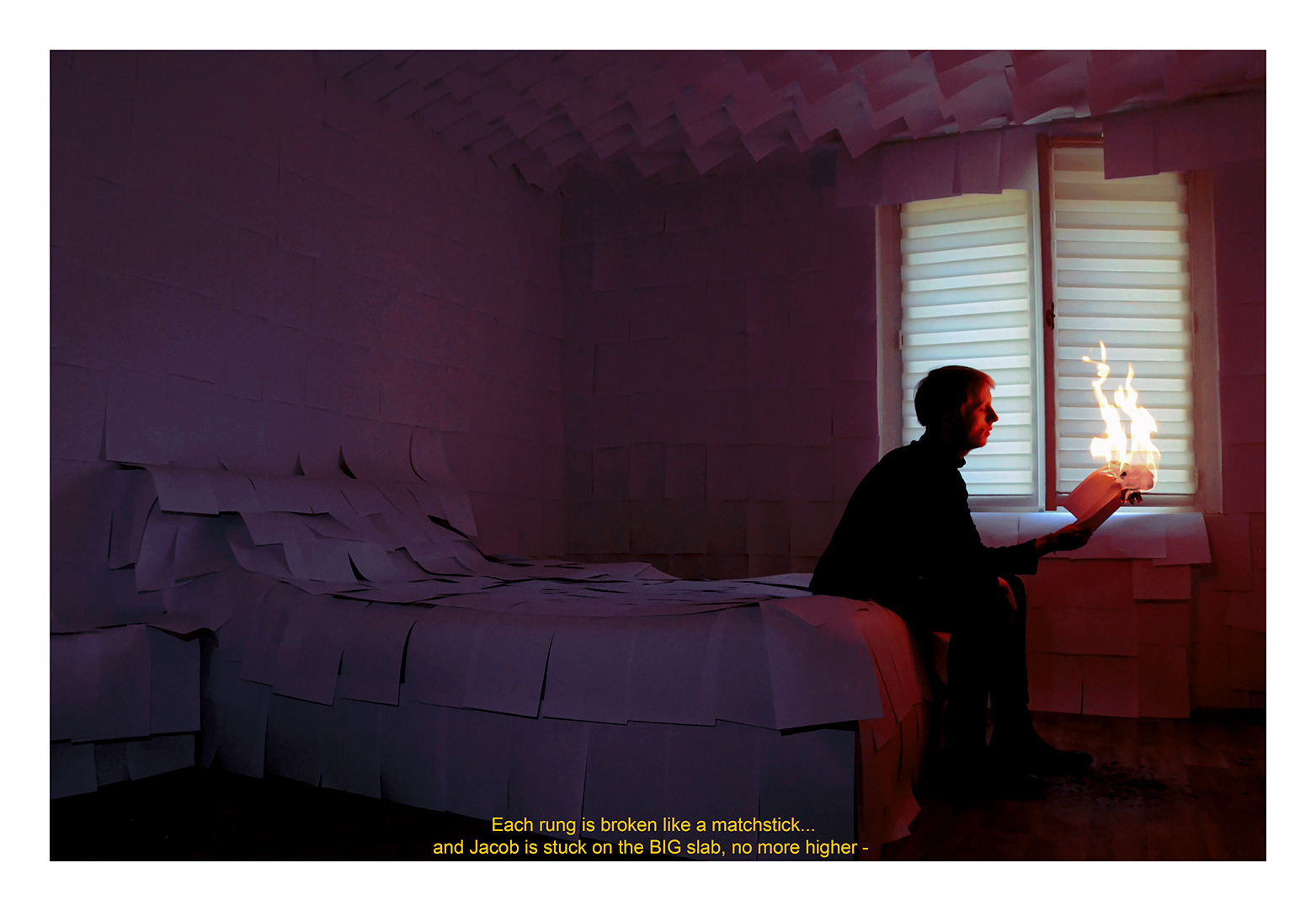
WISH YOU WERE HERE (2018-12019) Karyna Aslanova WISH YOU WERE HERE is about the struggles immigrants face, struggles both external and internal. This applies to anyone leaving their native land, for whatever reason, be it for a work or education, to be close to loved ones or family, or even to escape corruption, persecution, or danger, to name just a few reasons. Before even making that geographical change, a huge transformation of personality is required. Learning the language is often just the first step in a process which results in the severing of many of your personal and cultural facets and features. The smothering of fundamental elements that make you you is a prerequisite for moving freely around the world, and that smothering can take years.








